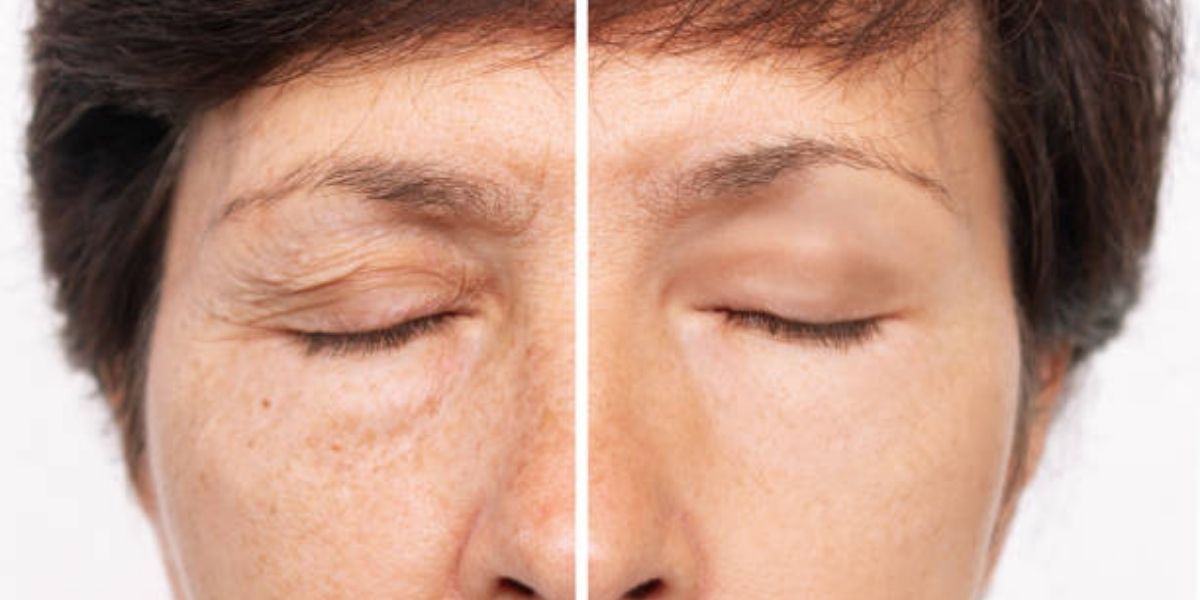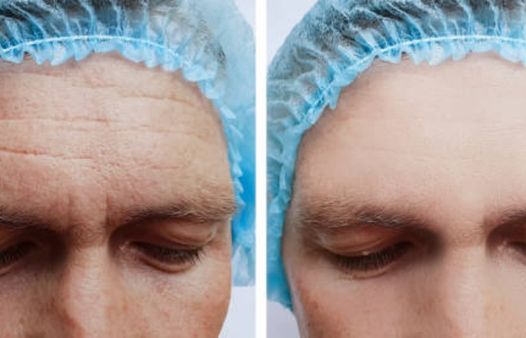 Whatsapp
Whatsapp

Today, as the interest in aesthetic interventions increases, sometimes undesirable results may occur. Especially in facelift procedures, the practices of inexperienced or unqualified professionals can cause bad results. So, how can you recognize a bad facelift procedure? We have answered this question in this article. We wish you enjoyable reading.
A bad facelift can be recognized by certain factors. If you have the question "How can i tell if a facelift is bad?", detailed explanations of these factors are given below:

One of the signs of a bad facelift is noticeable asymmetry. Significant asymmetrical changes in eyebrow heights, eye levels, cheeks, chin, lips, nose, ears and general facial features can be observed after a facelift. These asymmetric results can lead to a loss of aesthetic balance, resulting in a loss of a natural appearance. When symptoms such as asymmetry, loss of facial expressions and imbalance in the general facial line are noticed, it is important to consult a specialist plastic surgeon for evaluation and appropriate correction treatment.

Windswept skin can be another symptom of a bad facelift. If the procedure is unsuccessful or improper techniques are used, the skin may lose its natural elasticity and take on a ripple-like appearance. This can lead to excessive stretching of the facial skin, uneven firmness, and an artificial hardness of the facial contours in general. Windswept skin can cause an unnatural loss of expression on the face by disrupting the aesthetic balance. This symptom is an important factor to be considered for individuals who experience undesirable results after a facelift.

An uneven hairline can be a clear indicator of a bad facelift. As a result of facelift procedures performed with improper techniques or by inexperienced professionals, irregularities and significant changes in the hairline can occur. Distortion of the natural hairline often leads to an artificial and unaesthetic appearance on the face. This can be caused by determining a hairline that is not suitable for the patient's natural facial structure and negatively affects the integrity of the facelift procedure.
Earlobe deformity can disrupt the natural anatomical balance, causing the ears to appear in a different position or shape than normal. Procedures that are not performed with sufficient attention and experience of an aesthetic surgeon can increase this deformation in the earlobe area. Earlobe deformity, which is among the symptoms of a bad facelift, should be evaluated by a specialized surgeon and corrective treatment should be applied.
Hypertrophic scars may have a raised and red appearance at the site of surgery, unlike normal wound healing. These scars usually remain in a limited area but can be aesthetically disturbing. Hypertrophic scars after a bad facelift procedure can leave an undesirable impression on the patient's skin and disrupt the natural appearance of the skin.
If you think that you have had a bad facelift surgery, you should share the situation with your doctor. Evaluate the correction procedures recommended by the specialist surgeon. Revision surgery or other correction options may be effective to correct the problems.
If a bad facelift has resulted in undesirable results, this can often be corrected. However, the correction process should first be evaluated by a specialized plastic surgeon to determine which symptoms are being experienced and how severe they are. Correction procedures can take the following forms:
For a facelift to be successful, it is important that it is carefully planned, performed by an experienced specialist and properly monitored. The following factors can be taken into account to prevent situations that can go wrong:
It is important to choose an experienced, certified and specialized plastic surgeon. It is important to make the right decision by reviewing a good specialist's previous work, checking references and reviewing patient evaluations.
A good facelift procedure begins by carefully examining the patient's facial structure and creating a personalized plan. This way, natural and balanced results are achieved. After clearly sharing your expectations with your doctor, your doctor should plan according to your face.
It is important that the technology and equipment used in the facelift procedure are up-to-date and appropriate. Advanced techniques and equipment increase the likelihood of the procedure being successful. Pay attention to this when choosing a hospital.
A good facelift procedure continues after the procedure. The specialist should monitor the healing process and intervene immediately in case of any problems. It is also important to take the doctor's recommendations into account.
If you are thinking of having a facelift procedure in Turkey but are worried that it is unsuccessful, we can say that you can rest assured. Because the health sector in Turkey is highly developed and state-of-the-art equipment is used. Thus, the procedures are successful and you will achieve the results you want.
If you are thinking of having a facelift procedure in Turkey, you can contact Estetica Istanbul. For detailed information, you can visit Facelift Surgery in Turkey page.
Removing too much fat from the eye area can make it look strange. You can share this situation with your doctor and request a correction.
People who are not satisfied with the facelift procedure should share this situation with their doctor. Then a revision procedure can be performed.
If your facelift looks artificial, it may be one of the indicators that the procedure has failed. You should share this situation with your doctor. Your doctor may recommend treatments such as revision, injection, etc. according to the problem.